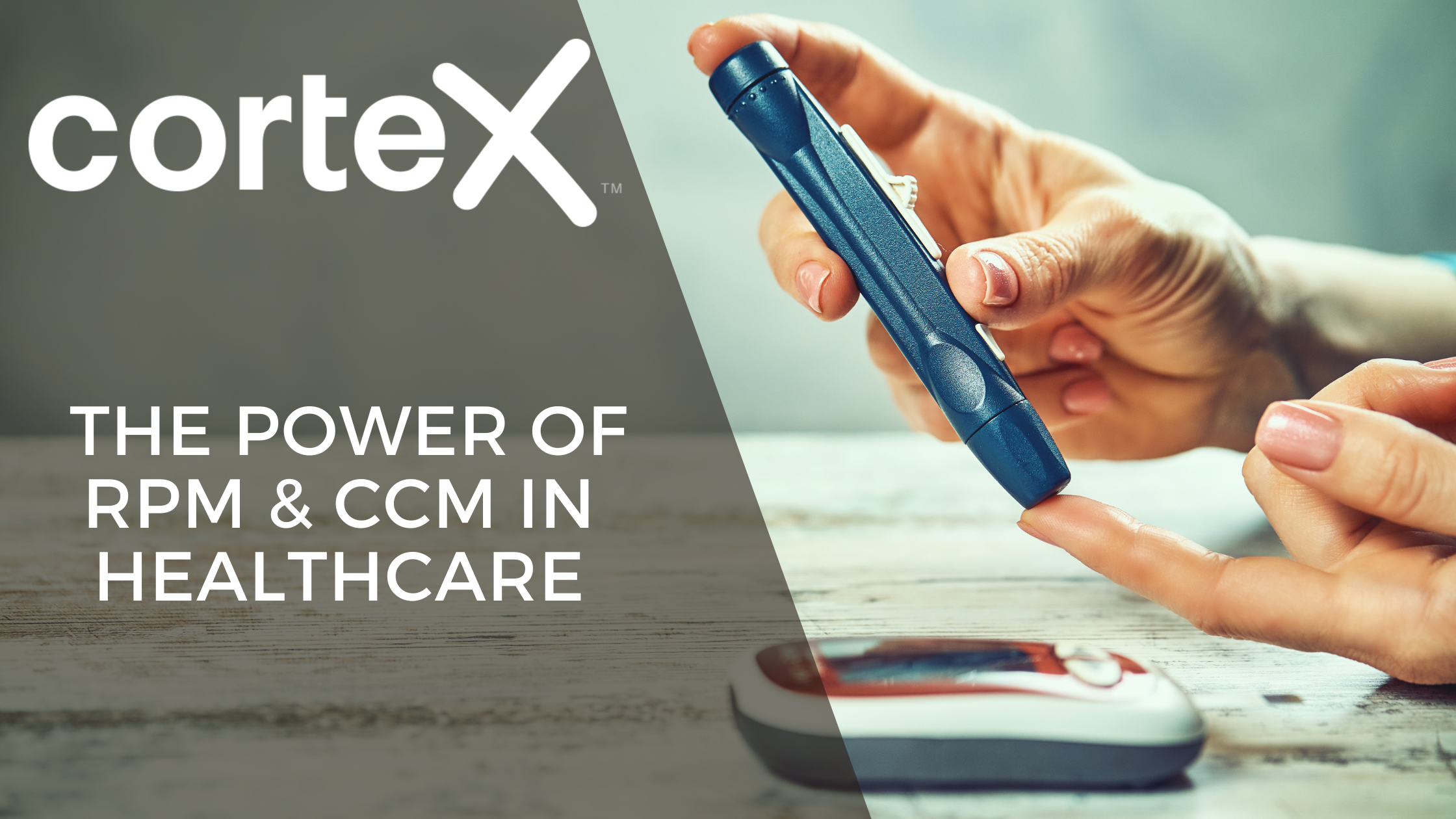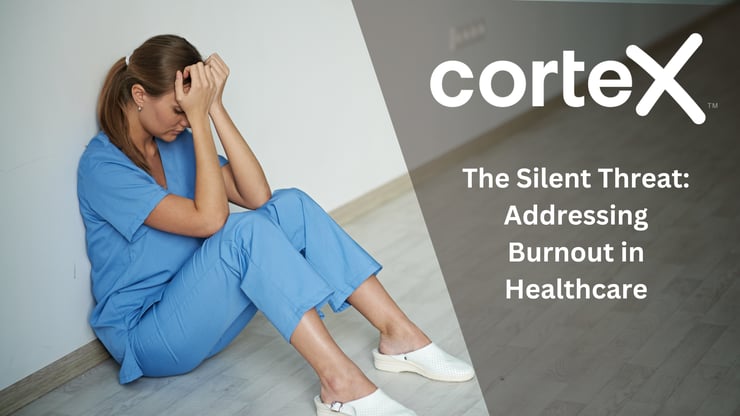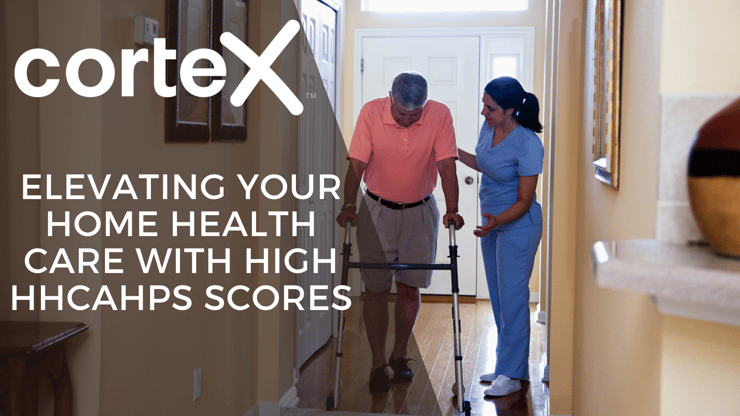Remote patient monitoring (RPM) and chronic care management (CCM) have emerged as powerful tools in the healthcare space. It is transforming healthcare delivery by providing an effective and efficient way of remotely monitoring patients' health. By using these programs, healthcare providers can extend their reach beyond traditional healthcare settings and provide care to patients in their homes, increasing patient access to healthcare and improving patient outcomes.

RPM's strength lies in its ability to provide real-time patient health monitoring, made possible by advancements in digital technologies. One of the key strengths of RPM is the ability to continuously monitor a patient's health outside of the traditional healthcare setting. For example, patients with chronic conditions like diabetes, heart disease, or hypertension can wear a device that collects and transmits data on their blood glucose levels, heart rate, or blood pressure to their healthcare provider in real time. This enables providers to track patients' health metrics and detect any changes that may require intervention. By identifying potential issues early, providers can intervene before symptoms become more severe, potentially preventing hospitalization or further complications.
CCM coordinates care for patients with chronic conditions like diabetes, hypertension, and heart disease. The primary goal is to improve patients' health outcomes by engaging them in their care and providing them with ongoing support, education, and resources. This includes regular check-ins, medication management, and education to help patients better understand and manage their health conditions. By providing patients with the right support and education, CCM can help them to manage their chronic conditions more effectively, reducing the need for costly hospitalizations and emergency room visits. Moreover, CCM promotes care coordination and communication between healthcare providers. This helps ensure that patients receive consistent and effective care from all healthcare team members. This approach is particularly effective for patients with complex health needs, as it ensures that they receive comprehensive and coordinated care.
In conclusion, RPM and CCM have emerged as powerful tools in modern healthcare. By providing healthcare providers with real-time patient health data and enabling coordinated care for patients with chronic conditions, RPM and CCM enable healthcare providers to deliver better care, reduce healthcare costs, and improve patient outcomes. As digital technologies evolve, RPM and CCM will likely become even more powerful tools in the healthcare space.




